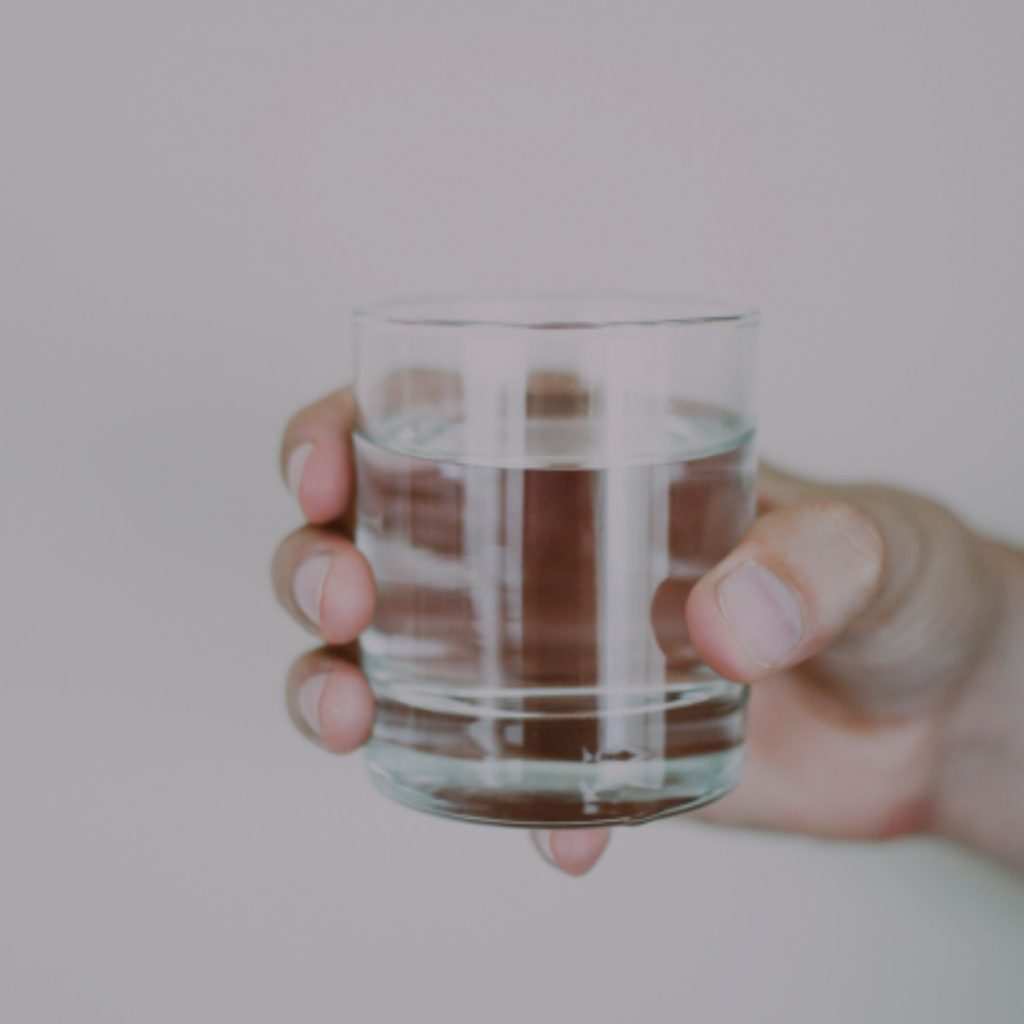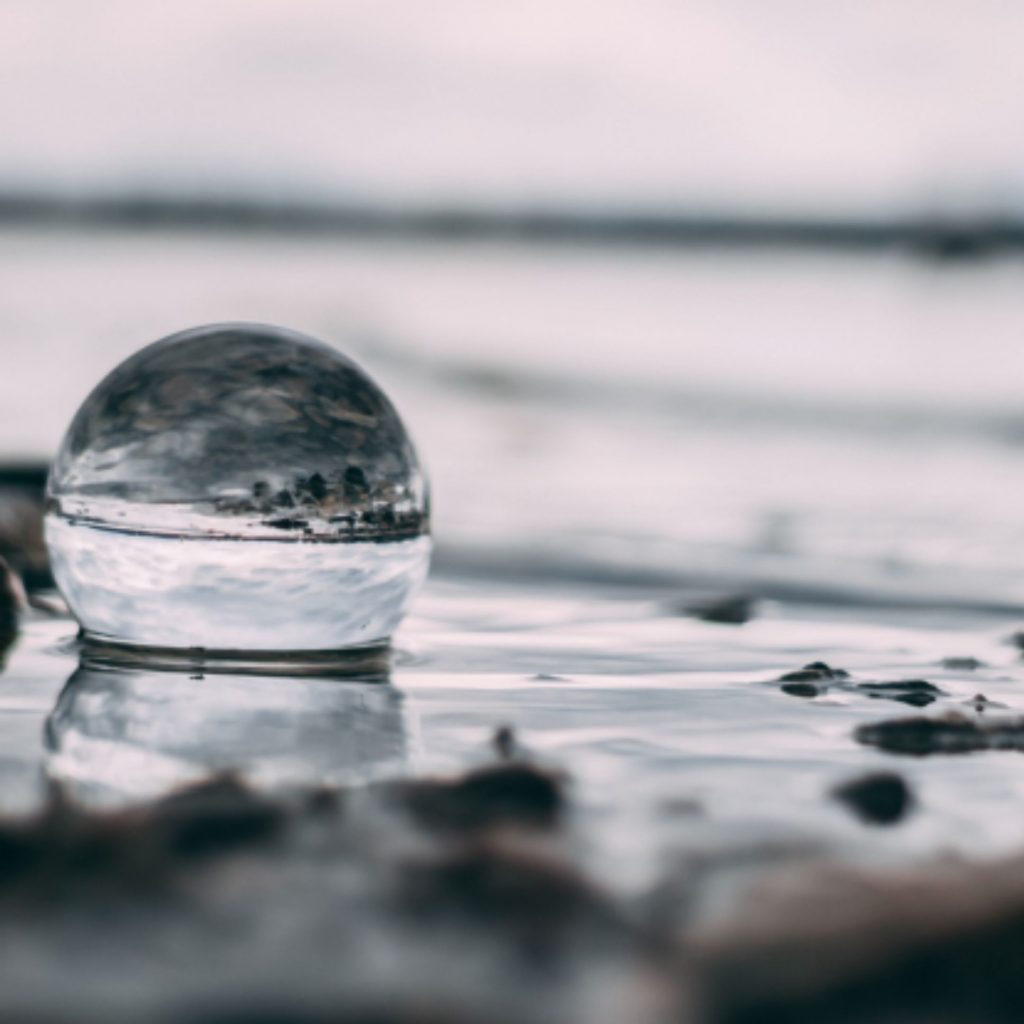Is Domestic Wastewater Permanently Removed From The Sphere? No. Household wastewater is not eventually eliminated from the entire global water cycle. But it is also part of the water cycle, which is easily accessible and reusable to humans. In addition, wasted water wastes the energy and resources spent on processing and distributing that water.

Parents, elders, authorities, and environmentalists often tell us, ‘Don’t waste water!’ And ‘Conserve water!’ These publications usually mean that the faucet should not be left unattended, water should be used sparingly, and if there is a leak in the waterline, it should be repaired as soon as possible. As it turns out, our science teachers tell us that all water on Earth is part of a continuous water cycle. They also say that the water flowing along the drains will not be destroyed. Instead, they point out that the water that flows down the drain flows into the ocean and joins the next water cycle section.

Seen in this light, the views of these two factions appear to be contradictory. How can we ‘waste’ water if the water eventually joins the water cycle and continues to flow back so that we can use it? The answer to this question is that there must be (easily) fresh water available to humans for survival or sustainability and that it is only a by-product of the entire water cycle.
So when the authorities say do not waste water, they ask that the part of the water cycle where people can use water should not be directed in vain without meaning to the area where people can not use water. The rest are trapped in oceans and lakes as seawater, ice, or atmosphere.
So if we waste water at home or elsewhere, that water is thrown away directly from the area where people can get it and can be used. With this in mind, water wastage does not directly harm the global environment because water is not wasted. Instead, it hurts people. This is due to the depletion of water that is available to humans and available for human consumption. In addition, wasting too much water can be detrimental to the climate of the region. This is due to the depletion of renewable water from the natural ecosystem.

It can also be pointed out that water wastage does not always adversely affect people. There are also times when it is not disadvantageous. Even though the population is small, water cannot really be wasted when there is a large amount of water available for use. This is because the water comes in faster than the new water is sent back to the area that people can access in the water cycle. Conversely, wastewater can have an impact on humans as well as the environment when there are areas where water is scarce, such as cities, suburbs, and deserts.
Intelligent use of water resources in densely populated arid regions is critical to human survival. However, deciphering intellectual practice is more of a political issue than a scientific issue and a personal moral issue. So here we turn to science.
What is the most usable part of the water cycle for humans? The answer is yes. ‘Freshwater, on or near the surface of the Earth, is liquid water. People cannot survive by drinking seawater. But pumping untreated water directly from the ocean or salt lakes is not an option. Seawater can indeed be converted to freshwater by distillation or reverse osmosis. But this costly chain is not economically viable for many countries and regions in the world.
Also, the water in the atmosphere is not suitable for human consumption. Although there is fresh water in the air and the clouds, they are widespread and challenging to collect. For these reasons, humans have had to wait for the ocean water to evaporate and return to the Earth as rain or snow. Where rainwater or melting snow accumulates on or near the Earth’s surface, the water cycle consists of the human use division. These include freshwater rivers, lakes, ponds, reservoirs, and groundwater.

So it is now clear to you that household wastewater will not be removed from the global water cycle forever.
Go and check my other article also










